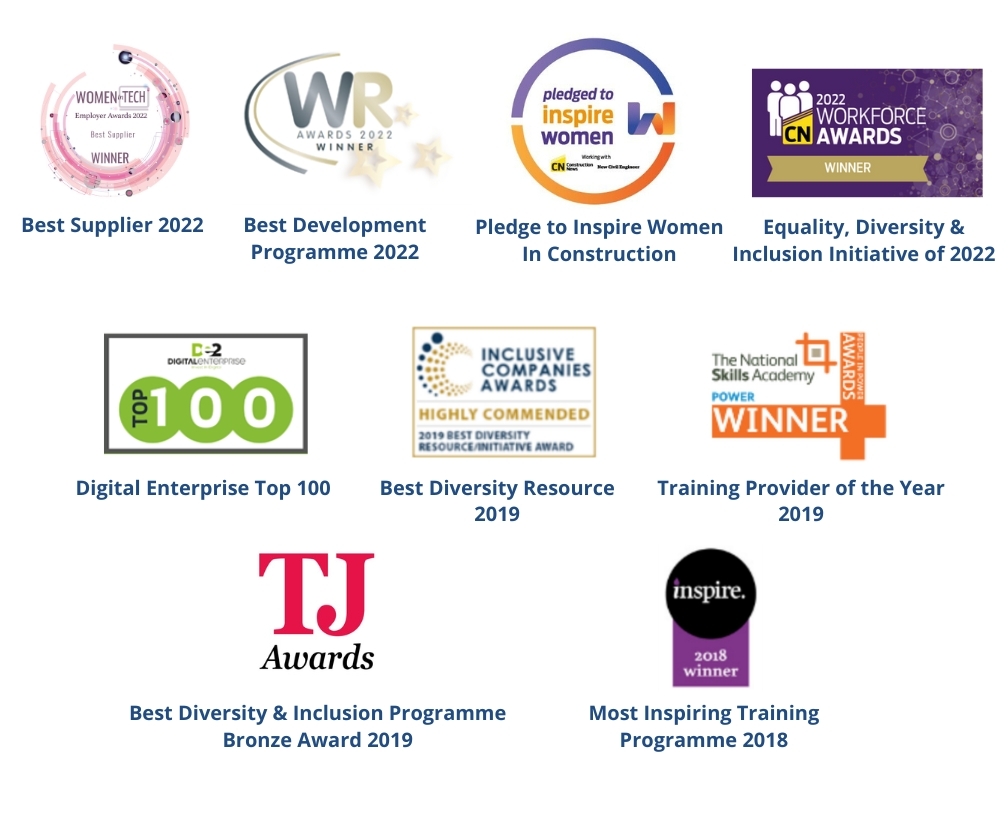Allyship is the practice of emphasising social justice, inclusion, and human rights in order to advance the interests of those oppressed or marginalised in society.
Social Identities – how you see yourself as a person and labels that people use to categorise themselves and others as members of specific groups
Allyship refers to the actions, behaviours, and practices that can be taken to support, amplify, and advocate with others, especially with individuals belonging to different Social Identity Groups.
It is a big part of the anti-racism conversation and forms a key part of our Unconscious Bias training.
Allyship is important because it helps to dismantle the systems that are in place which keep marginalised groups in their place. This is especially true when those in advantaged or privileged positions recognise how their role can, and should be more active in accelerating that change.
With Allyship, the status quo and the way things are done can be disrupted, and it sparks innovation.
Both Unconscious and Conscious Biases can be detected and reduced with stronger social connections created both in the workplace and at home. Allyship means thinking about our behaviour, what we should be saying, the policies we should be putting in place, and the practices we should be trying to change.
Allyship can help employees to feel happier and more productive in work.
Allyship is about getting the right mix of people that will make your organisation work and thrive within the 21st century.
Realise from the start that Allyship is an uncomfortable thing to do and mistakes are going to happen. It will take courage, humility, and vulnerability to both put ourselves out there, and when we realise we’ve made a mistake.
Stepping out from your comfort zone and really making sure we engage in those difficult conversations to change mindsets and systems as if we don’t try, then nothing will change.
Engaging in conversations and collaborating can create connections, build trust, help people to feel psychologically safe as well as maintaining relationships.
When mistakes happen, recognise that it’s a great opportunity to reflect and to grow. There’s now a great chance to have that conversation and rectify any misunderstandings, especially as it will have taken someone a great amount of courage for them to give you that feedback.
The key point is: Don’t give up!
Allyship is not an identity, rather it’s a commitment to building relationships based on trust, consistency, and above all else, accountability.
Allyship in the workplace prepares employees to better support and collaborate with others from minority and marginalised groups. It involves relearning your understanding of how you should see the world based on the perspective of those around you.
Allyship helps to teach you the inequality and unconscious bias traits that are present in the workplace. This can have a lasting impact on the mental health, productivity and career progression of others around you.
